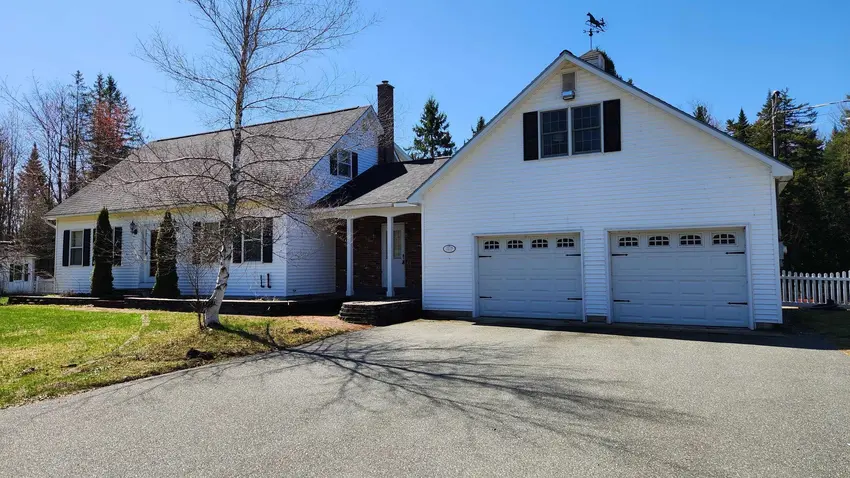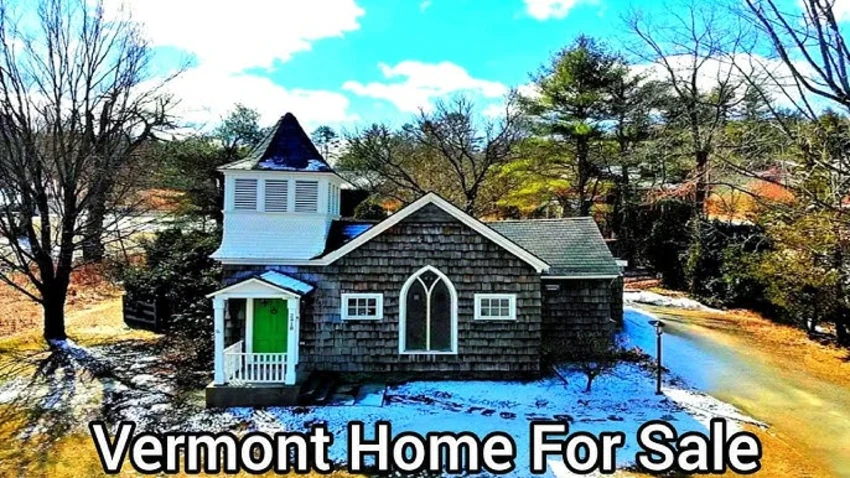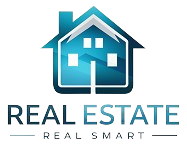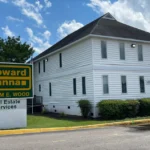Vermont real estate offers a compelling mix of investment potential, scenic charm, and sustainable living—making it a smart decision for buyers, sellers, and investors. Whether you’re buying, selling, or investing, understanding the evolving landscape of Vermont’s housing market will help you make informed, confident choices in 2025 and beyond.

Content
Why Vermont Real Estate is a Smart Move
The Vermont real estate market has shown resilient growth fueled by changing work habits, interest in outdoor lifestyles, and low-density living. As more Americans look for healthy, nature-connected communities, homes in Vermont stand out. In 2025, the average home value sits at around $385,000, with moderate competition across counties.

The state’s appeal is rooted in quality of life: low crime, access to fresh food, community-minded towns, and a strong emphasis on sustainability. These attributes are attracting both retirees and young professionals to the real estate market in Vermont.
Buying a Home in Vermont: Everything You Need to Know
Purchasing a home in Vermont is about more than just location. It’s about understanding value, future growth potential, and property condition. Vermont real estate listings include lakefront properties, ski condos, modern townhouses, and charming countryside homes.
Working with local real estate agents is essential. They provide knowledge on zoning laws, water rights, and access to services—factors that are especially important in rural properties. Financing options are abundant, and first-time homebuyers can access various loan programs tailored to Vermont residents.
Before making an offer, buyers should inspect for heating systems, well water quality, and winter accessibility—critical in Vermont’s climate. With these steps, purchasing Vermont homes for sale becomes a smart, calculated move.
Vermont Homes for Sale: Types of Properties Available
From cozy cabins in the Green Mountains to luxury real estate in resort towns like Stowe or Woodstock, Vermont caters to a broad spectrum of buyers. Those seeking affordable housing can find opportunities in towns like Barre, Rutland, or Springfield, where price points remain accessible.

Urban professionals might look at Burlington, which offers condos for sale close to Lake Champlain. Alternatively, new homes in suburban areas are being built with energy efficiency in mind. Seasonal buyers also flock to vacation rentals or second homes in ski villages, combining lifestyle and investment.
The state’s green values are reflected in construction trends. More Vermont real estate listings now include eco-friendly homes equipped with solar panels, geothermal heating, and passive solar architecture—offering both savings and sustainability.
Selling a Home in Vermont: Tips to Maximize Value
If you’re planning to sell, success lies in preparation and smart marketing. Begin with a reliable home value estimator to understand your property’s market worth. Then, make small improvements—fresh paint, updated lighting, and landscaping go a long way in boosting appeal.
To sell my house fast, professional staging and high-quality photos are critical, especially for digital listings. Pricing is also key—too high and you’ll discourage buyers; too low and you leave money on the table.
Work with a seasoned real estate agent who knows how to position your home based on seasonal patterns, school district value, and proximity to amenities. With these strategies, you’ll unlock better returns from your Vermont real estate asset.
Investing in Vermont Real Estate for Passive Income
For long-term wealth building, real estate investment in Vermont is a practical choice. Rental demand is steady near universities like UVM and in ski resort towns, offering consistent cash flow. Investors can also explore short-term vacation rentals near popular attractions like Killington or Lake Willoughby.
If you’re unsure how to invest in real estate, start by analyzing high-demand areas with low inventory. Multi-family units or duplexes can reduce vacancy risks while maximizing income.
Those interested in real estate investing for beginners should connect with local investor groups, attend property auctions, or consult with a real estate attorney. There are also options for those looking to invest in real estate with no money through wholesaling, partnerships, or owner-financing deals.
Whether you’re aiming for passive income or long-term appreciation, Vermont property presents viable avenues to grow your financial portfolio.
Finding the Right Real Estate Agent in Vermont
A knowledgeable real estate agent is your best ally in navigating this unique market. When deciding how to find a realtor, look for agents who have experience in your target area, understand property types, and have a reputation for negotiation.
Interview a few professionals before choosing. Ask about their recent transactions, local knowledge, and marketing approach. A reputable real estate agency offers access to off-market properties, advanced data, and strategic pricing advice.
Also, seek agents who embrace technology—those using 3D tours, drone videos, and targeted online ads often sell faster and at higher prices.
Conclusion: Is Vermont Real Estate Right for You?
The Vermont real estate market stands out as a rare mix of charm, value, and future promise. Whether you’re searching for a forever home, planning to downsize, or looking for a profitable investment, the state delivers options for all lifestyles and budgets.
With the help of professional real estate agents, a clear understanding of market trends, and a strategic approach, buying or selling in Vermont can be a deeply rewarding experience in 2025 and beyond.
Frequently Asked Questions
Is Vermont real estate a good investment?
Yes, Vermont’s stable growth, eco-conscious population, and strong tourism economy make it a solid investment choice.
What are property taxes like in Vermont?
Vermont’s average effective property tax rate is 1.59%, with some regional variation depending on the municipality.
Are there affordable homes for sale in Vermont?
Yes. While prices are rising, towns like Barre, Northfield, and Bennington still offer affordable housing opportunities.
Can non-residents buy property in Vermont?
Absolutely. Non-residents can buy land or homes with no restrictions, though it’s advisable to hire a real estate lawyer.
What is the process of buying land in Vermont?
Purchasing land involves title searches, surveys, zoning verification, and due diligence—particularly on water access and septic feasibility.

With a sharp eye for design and a passion for renovation, Samantha transforms fixer-uppers into dream homes. Her expertise in remodeling adds extra value to your real estate experience.





